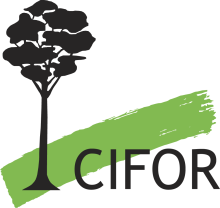Resource information
This paper analyzes the implications of copper mining in Zambia on customary rights to land and forests, and the societal stakes associated with foreign investment in the mining industry. Copper mining affects forests, and in turn the people with customary rights to those forests, in a number of direct and indirect ways, from deforestation during green site development and selective harvesting of timber to the significant but indirect pressures over forests through infrastructure development and the population pull effect of mining towns. In addition to these localized impacts on forests and forest-dependent
livelihoods, there are a number of potential externalities associated with mining investments as well as impacts of concern to society at large. While many such effects are positive, and may thereby be seen to justify the losses incurred to negatively affected stakeholders (including those losing customary rights), negative externalities of mining investments may also be significant. This study involved a comparative analysis of three copper mines: the recently established Lumwana Copper Mine (LCM) and Zamco mine and the long-established Konkola Copper Mine (KCM). Methods included stakeholder interviews with government officials and forest-based communities affected both directly and indirectly by mining. Results suggest that while mining has a key role to play in the national economy, local and societal stakes are high – suggesting that a series of governance reforms are needed to leverage greater benefits for rural communities and society at large, and to reduce the negative social and environmental
externalities.

